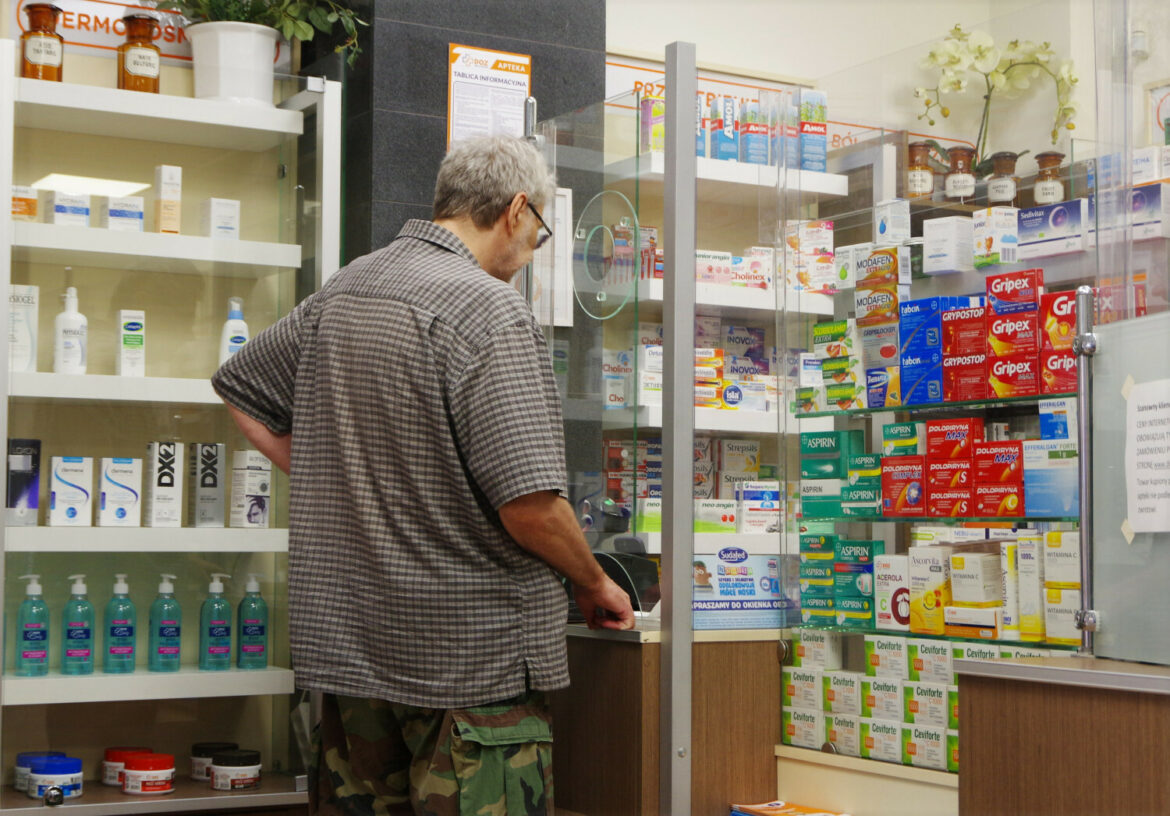The number of packs of antibiotics that Poles buy annually is a quarter higher than the EU average. The Warsaw School of Economics has prepared a report on the health care system in Poland. Experts sound the alarm on issues such as antibiotic therapy and prevention.
According to the study, Poles bought 45 million packs of antibiotics in 2022, consuming 24 % more than the EU average. The SGH points out that although the trend in the number of packs purchased is negative and the consumption of antibiotics for veterinary purposes is also declining, the problem is nevertheless still serious.
Every year 35,000 people die from infections caused by antibiotic-resistant microorganisms in the European Union. If current rates of infection and resistance do not start to decline, the number of deaths from this worldwide will reach 10 million per year between 2015 and 2050.
The SGH report also shows that patients in Poland have a low awareness of preventive screening options and their importance for health. Less than 50 % of people perform preventive examinations and only about 30 % take advantage of screening tests.
Patients do not always remember how long they should take antibiotics and why they should actually take them. In addition, they do not inform doctors that they are already taking an antibiotic or over-the-counter medication. Improper multi-drug therapy mainly affects people over 65 years of age.
Inappropriate antibiotic dosage or timing can also result from incorrect medication orders by medical staff. As the study reads, the occurrence of such errors often has systemic causes and is related to working conditions (fatigue, overwork).
The SGH also alarms that total expenditure on prevention does not exceed 3 % of funds for health care. And their effectiveness is not monitored by anyone. Meanwhile, up to 60 % of deaths in people under 75 could be avoided through preventive measures.
Arkadiusz Słomczyński





